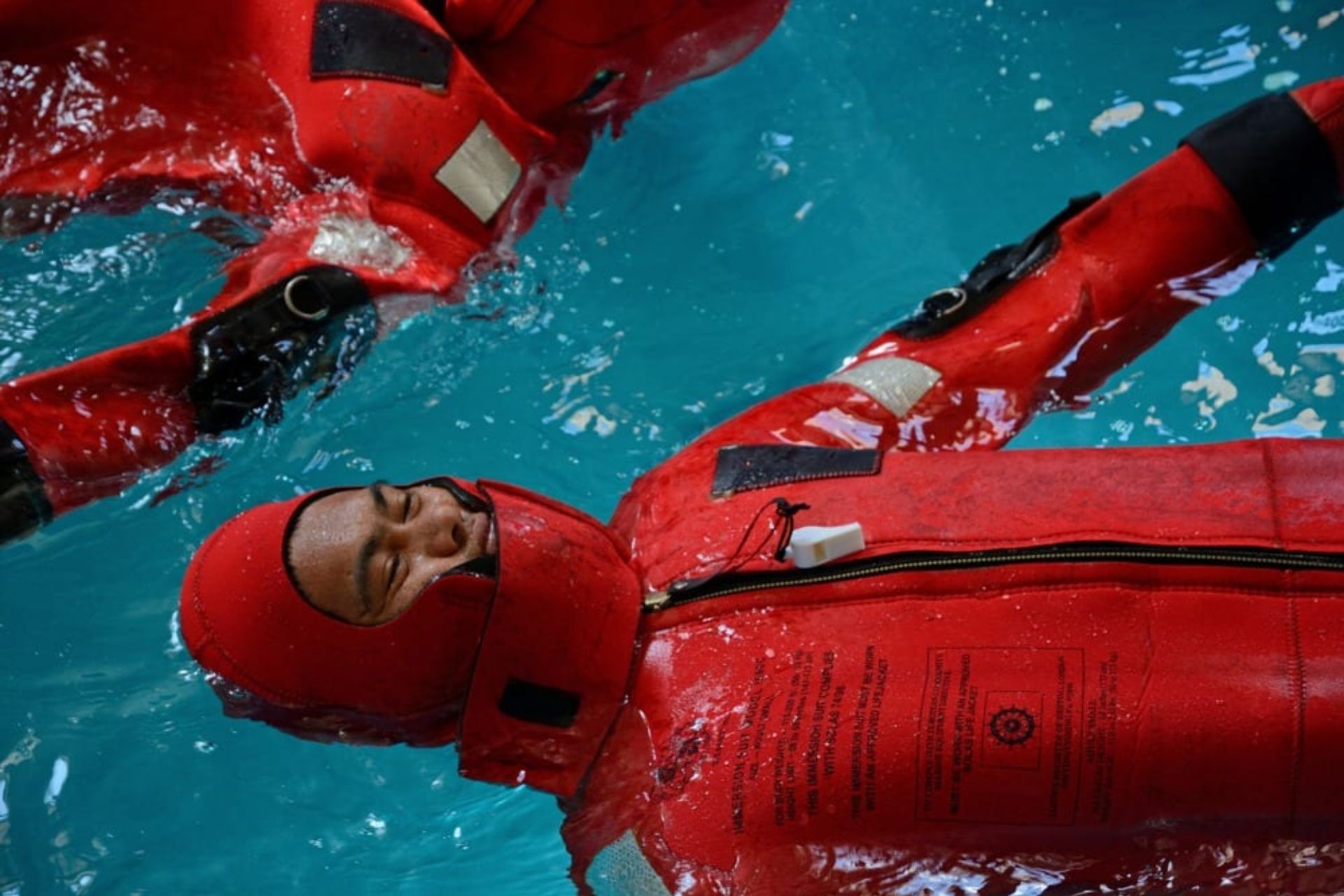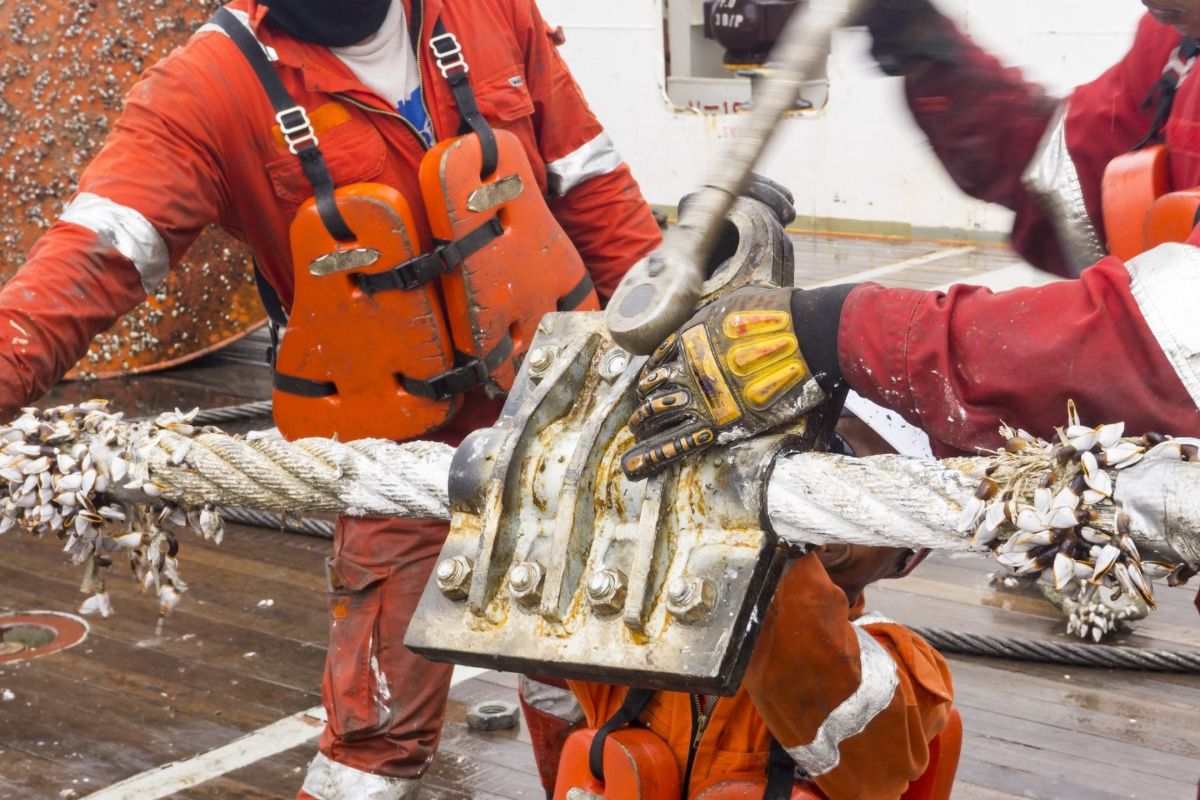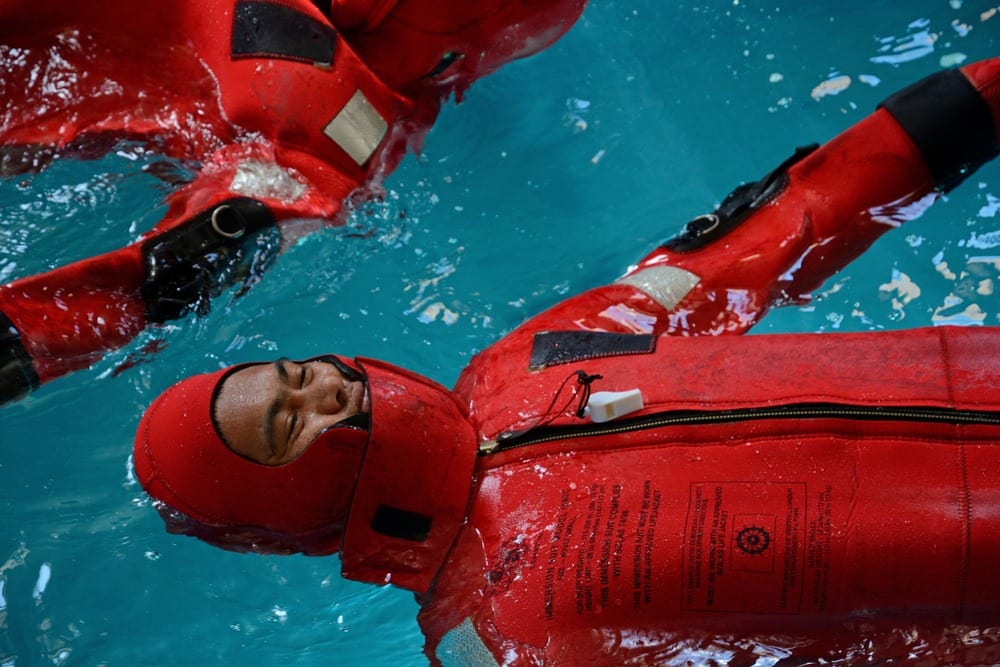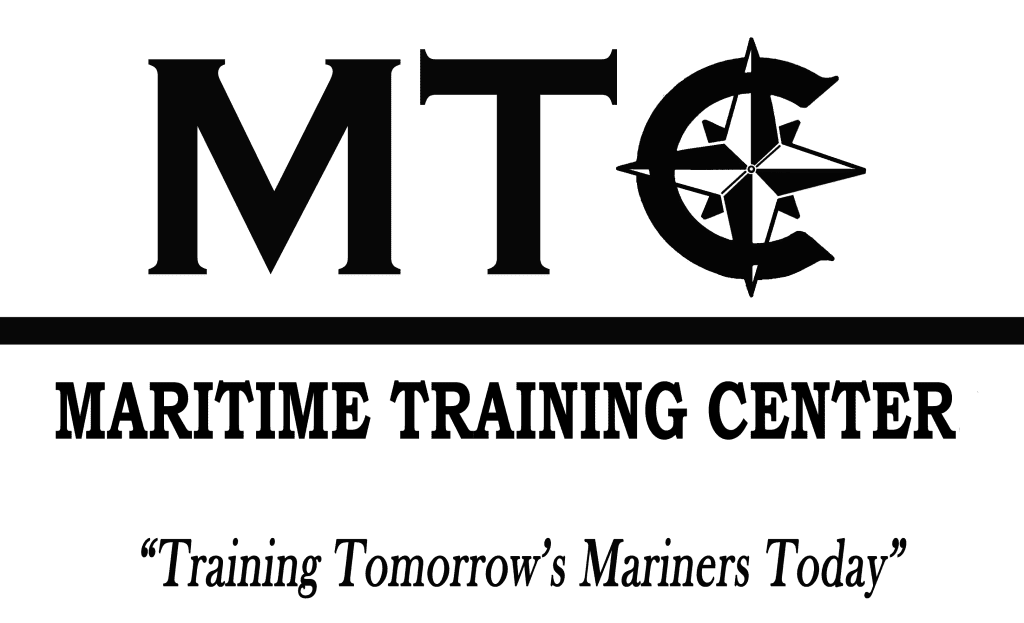July 20, 2023
Navigating a Career as an Able Seaman: Requirements and Advancement
One of the advantages of pursuing a career as an able seaman is the potential for advancement. As you gain experience and additional certifications, you can progress to higher positions within the maritime industry. Opportunities may include becoming a boatswain, able seaman unlimited, or even pursuing a career as a mate or captain.
By choosing the Maritime Training Center in Tampa, Florida, you’ll be setting yourself up for success in the maritime industry. The center’s commitment to providing top-notch training and its convenient location makes it an ideal choice for those aspiring to become able seamen. Embark on your journey towards a rewarding career in the maritime industry by enrolling in the Maritime Training Center in Tampa, Florida.
Understanding the Role of an Able Seaman
An able seaman is a skilled deckhand who performs various duties to support the smooth functioning of a vessel. Their responsibilities encompass a wide range of tasks, including but not limited to:
- Assisting with navigational duties under the supervision of senior officers.
- Handling and maintaining deck equipment, such as ropes, cables, and life-saving devices.
- Participating in the operation of anchor systems, mooring, and docking procedures.
- Conducting routine inspections and maintenance of deck areas.
- Contributing to the execution of safety procedures and emergency drills.
- Providing support during cargo handling operations.
Able seamen are essential for maintaining the overall safety and operational efficiency of the vessel, making their presence indispensable on board.

Training Requirements for Joining a Vessel
Becoming an able seaman requires obtaining the necessary training and certifications. Let’s delve into the key training requirements for aspiring able seamen:
Basic Safety Training
One of the fundamental training components for seafarers is Basic Safety Training (BST). This training equips individuals with vital knowledge and skills to ensure their safety and the safety of others on board. It typically includes the following courses:
- Personal Survival Techniques: Teaches essential survival skills, such as boarding life rafts, using life jackets, and deploying pyrotechnics.
- Fire Prevention and Firefighting: Covers fire prevention techniques, firefighting equipment usage, and techniques to combat different types of fires.
- Elementary First Aid: Provides basic first aid training to handle common medical emergencies on board.
- Personal Safety and Social Responsibility: Focuses on promoting safe practices, teamwork, and awareness of personal responsibilities on a vessel.
Completing Basic Safety Training is a crucial step toward qualifying as an able seaman.
Seafarer Medical Fitness
To ensure the health and well-being of seafarers, including able seamen, a valid medical fitness certificate is required. Seafarer medical examinations assess physical fitness, vision, hearing, and overall health to ensure individuals can carry out their duties safely.
Medical fitness certificates are issued by authorized medical practitioners who evaluate the individual’s medical history, conduct necessary examinations, and provide the required documentation.
Meeting the training and medical fitness requirements sets the foundation for aspiring able seamen to pursue a rewarding career at sea. It establishes the necessary skills, knowledge, and physical capability to perform duties effectively and contribute to a vessel’s smooth operation.
Requirements for Becoming an Able Seaman
To embark on a career as an able seaman, individuals must meet specific qualifications and prerequisites. Here are the key requirements to become an able seaman:
- Age Restrictions: There are typically no specific age restrictions to become an able seaman. However, individuals must be at least 18 years old to work on most commercial vessels.
- Educational Background: A high school diploma or equivalent is usually the minimum educational requirement for aspiring able seamen. While not mandatory, additional education, such as vocational or maritime-related courses, can enhance one’s prospects in this career path.
- Physical Fitness: The nature of work at sea requires individuals to possess a good level of physical fitness. Being able to handle physically demanding tasks, work in challenging weather conditions, and adapt to the maritime environment is crucial.
- Good Health: As part of the medical fitness requirements, seafarers, including able seamen, must be in good health to perform their duties safely. This includes meeting the necessary vision, hearing, and general health standards set by relevant authorities.
- Background Checks: Some maritime employers may conduct background checks as part of the hiring process. These checks typically include verifying references, ensuring a clean criminal record, and assessing the individual’s suitability for working in the maritime industry.
Meeting these requirements sets the foundation for individuals to pursue a career as an able seaman. It is essential to review the specific requirements of relevant maritime authorities and employers for precise details and any additional prerequisites.

Minimum Requirements to Work on a Ship
To work on a ship as an able seaman, seafarers must meet minimum requirements defined by maritime regulations. These requirements typically include the following:
- Certification: Obtaining the appropriate certifications is essential to demonstrate competence and compliance with international standards. This includes certifications such as the Basic Safety Training (BST) mentioned earlier, which is often mandatory for seafarers.
- Documentation: Seafarers must possess essential documentation, including a valid passport, a seafarer’s identification document (SID), and a seafarer’s discharge book (SDB). These documents serve as proof of identity, professional qualifications, and record of sea service.
- Training Records: Maintaining accurate records of completed training courses, certifications, and professional development is crucial for seafarers. These records serve as a testament to their qualifications and readiness to work on a vessel.
- Safety Training Refreshers: Many certifications and training courses require periodic refreshers to ensure seafarers stay updated with the latest safety practices and regulations. Able seamen need to undergo these refreshers as required by relevant authorities.
By meeting the minimum requirements and having the necessary certifications and documentation, individuals can pursue employment opportunities as able seamen and contribute to the maritime industry.
Advancement Opportunities for Able Seamen
A career as an able seaman offers various advancement opportunities within the maritime industry. Here are some potential pathways for career progression and growth:
Seaman to Bosun
One common advancement route for able seamen is to become a bosun. The bosun is a deck department position that holds supervisory responsibilities. Advancement to the role of bosun involves gaining additional skills and experience, such as:
- Leadership and Supervisory Skills: Developing strong leadership qualities and demonstrating the ability to supervise and manage deck operations.
- Enhanced Technical Knowledge: Expanding knowledge and expertise in areas such as deck maintenance, cargo handling, and vessel operations.
- Professional Development: Seeking opportunities for professional development through specialized training and certifications related to deck operations and leadership.
By gaining experience, demonstrating proficiency in their duties, and acquiring the necessary skills, able seamen can progress to the role of a bosun and take on more significant responsibilities in deck operations.
Pursuing Officer-Level Positions
Another avenue for advancement for able seamen is to pursue officer-level positions. Becoming a deck officer or navigating officer involves progressing through the ranks and obtaining the necessary qualifications and certifications. The steps to pursue officer-level positions may include:
- Obtaining Officer Certifications: Able seamen can work towards obtaining officer-level certifications, such as the Officer of the Watch (OOW) certification.
- Sea Service and Experience: Gaining the required sea service and accumulating experience in various deck-related roles to meet the eligibility criteria for officer-level positions.
- Additional Education and Training: Pursuing further education and training, such as maritime degree programs or specialized courses, to expand knowledge and skills in areas such as navigation, safety management, and vessel operations.
By following this path, able seamen can advance to officer-level positions, which come with increased responsibilities, including navigation, safety management, and vessel operations.
Set Sail for a Successful Career
Embarking on a career as an able seaman opens up a world of possibilities within the maritime industry. By meeting the necessary qualifications and pursuing additional training and certifications, individuals can carve out a rewarding and fulfilling path in this field.
Whether it’s advancing to the role of a bosun or setting sights on becoming a deck officer, the Maritime Training Center in Tampa, Florida offers diverse opportunities for growth and development. To explore these exciting possibilities and start your journey as an able seaman, reach out to us today at (813) 686-5767. Our team is ready to provide guidance and support as you navigate your career in the maritime industry.
If you have any further questions or require additional assistance, do not hesitate to contact us. We look forward to being part of your journey as you embark on an exciting career as an able seaman.

Latest Articles
5 Tips to Enhance Your Online Learning Experience in Apprentice Mate Program
joy_lnl_admin2024-04-23T18:06:20+00:00April 23, 2024|Comments Off on 5 Tips to Enhance Your Online Learning Experience in Apprentice Mate Program
Maximize your online learning experience in the Apprentice Mate Program with Maritime Training Center. This article shares five essential tips for success, including creating a dedicated study space, developing a consistent schedule, participating in discussions, utilizing resources, and applying knowledge through practical exercises.
Learn From Anywhere: Top Online Maritime Certification Courses in Tampa
joy_lnl_admin2024-02-05T19:10:19+00:00February 5, 2024|Comments Off on Learn From Anywhere: Top Online Maritime Certification Courses in Tampa
This guide from Tampa's Maritime Training Center covers how to earn your captain's license affordably. Contact us today to start your maritime career!
Budget-Friendly Guide to Obtaining a Captain’s License in Tampa
joy_lnl_admin2024-01-08T02:39:39+00:00January 5, 2024|Comments Off on Budget-Friendly Guide to Obtaining a Captain’s License in Tampa
This guide from Tampa's Maritime Training Center covers how to earn your captain's license affordably. Contact us today to start your maritime career!
Advantages of Maritime Apprenticeships for Career Growth in 2024
joy_lnl_admin2023-12-14T18:25:23+00:00December 14, 2023|Comments Off on Advantages of Maritime Apprenticeships for Career Growth in 2024
Start your maritime career with Maritime Training Center's 2024 Apprenticeships in Tampa. Gain practical skills, industry knowledge, and professional connections, setting sail towards a successful maritime future. Enroll today!
Captain’s License as a Strategic Investment for Advancing Your Maritime Career
joy_lnl_admin2023-11-17T18:12:51+00:00November 10, 2023|Comments Off on Captain’s License as a Strategic Investment for Advancing Your Maritime Career
Propel your maritime career in Tampa with a Captain's License from the Maritime Training Center. Expert training for local waters & beyond. Start at 813.686.5767.
Comprehensive Maritime Safety Guide: Tampa’s Commitment to Seafarers
joy_lnl_admin2023-10-06T17:18:22+00:00October 9, 2023|Comments Off on Comprehensive Maritime Safety Guide: Tampa’s Commitment to Seafarers
Discover Tampa's commitment and the role of the Maritime Training Center to maritime safety. This guide delves into onboard safety measures and essential maritime practices to ensure every voyage is a testament to safety and dedication.

